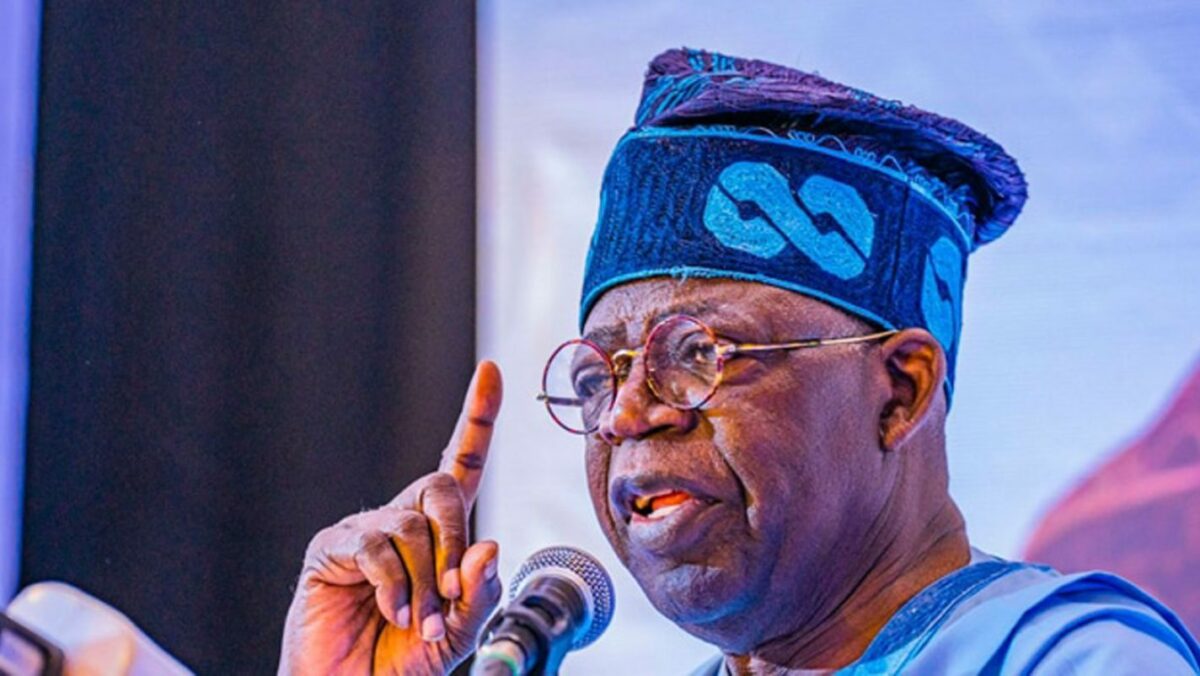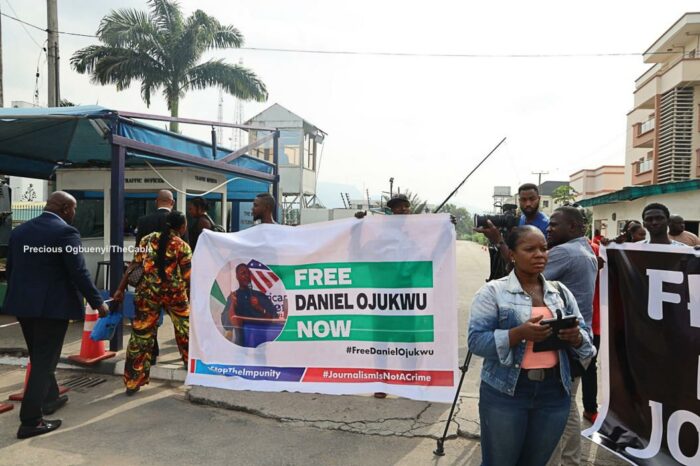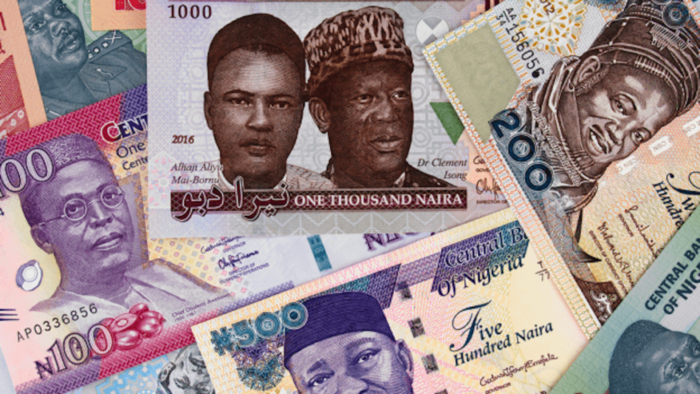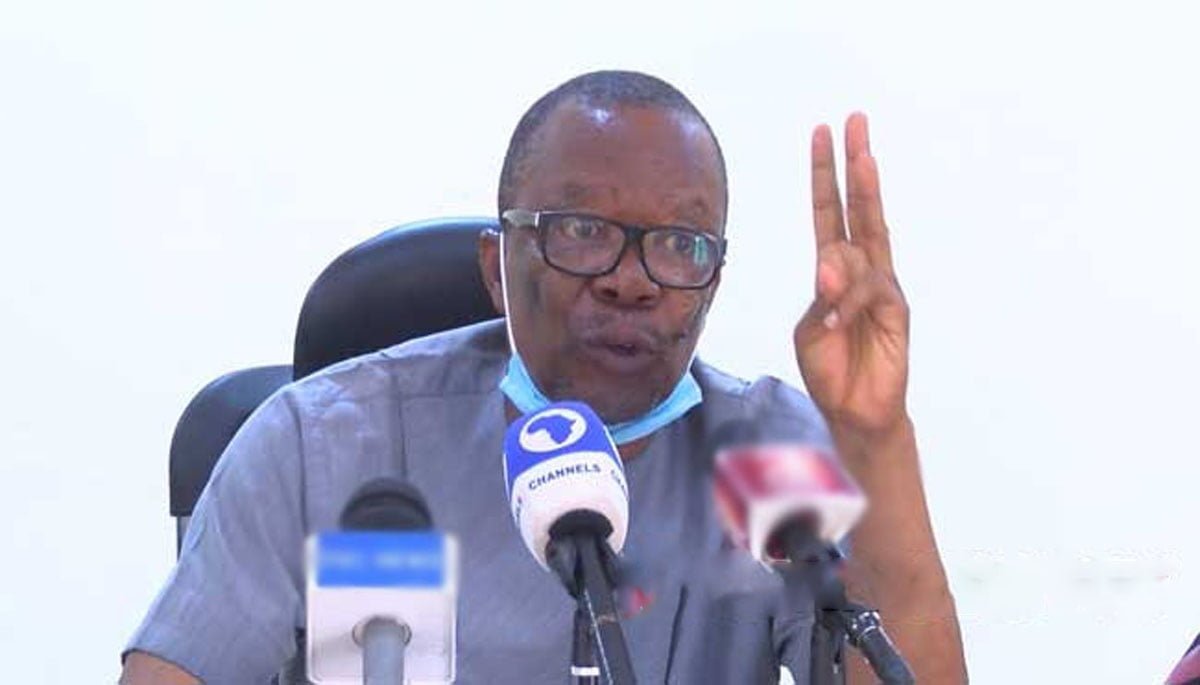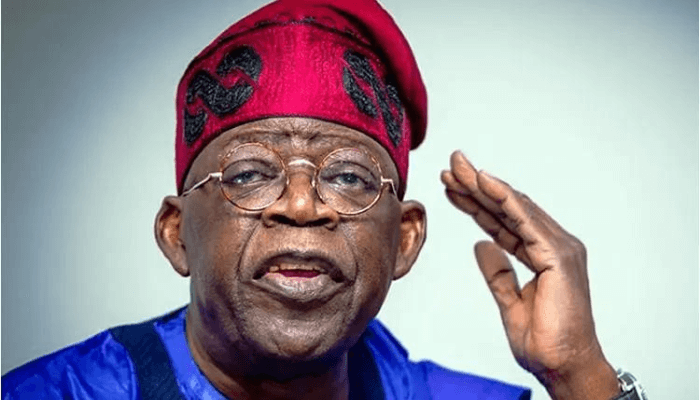To address the business-unfriendly fiscal policies and multiple taxes in Nigeria, President Bola Tinubu signed some executive orders on Thursday.
The orders largely alter and reverse some policies of the last administration. How will this affect Nigerians?
FIJ looks at the implications of this move that has generated different opinions on social media.
READ ALSO: Subsidy Removal, Arrests… What Tinubu Did in First Month as President
CHANGES IN FINANCE ACT TAKE EFFECT ON SEPTEMBER 1, 2023
Ex-President Muhammadu Buhari signed the Finance Act (FA) on May 28, 2023, the eve of his departure from office, to take effect on May 1, 2023.
This date variation negates the provision of the 2017 National Tax Policy which states that a minimum of 90 days’ notice must be given before tax changes take effect.
To adhere to the national policy, President Tinubu signed the Finance Act (Effective Date Variation) Order, 2023. This new order postpones the date to implement the changes outlined in the Finance Act to September 1, 2023.
Some of the major changes outlined in the Finance Act are an increase in the rate of tertiary education tax from 2.5 percent to 3 percent, elimination of double VAT on goods purchased from a non-resident supplier, 0.5 percent levy on goods imported outside of Africa into Nigeria, removal of investment allowance on plant and equipment and deduction of life insurance premiums, among others.
It also amended the sharing formula for revenue generated from the electronic money transfer (EMT) levy, with 15 percent to the federal government, 50 percent to the state governments and 35 percent to the local governments.
CUSTOMS, EXCISE TARIFF (VARIATION) AMENDMENT ORDER
In line with the national tax policy, President Tinubu also moved the commencement date of the customs and excise tariff. The initial start date of March 27, 2023, was shifted to August 1, 2023.
Checks by FIJ showed that tax changes introduced by the previous administration include an increase in excise duty on alcoholic beverages. The administration also introduced an excise duty of N10 per litre on aerated water.
Beer, stout, and alcoholic wines were subject to an excise duty of N75 per litre, while N150 per litre would be imposed on whisky, brandy, and vodka. Tobacco and cigarettes will attract an excise duty of N8.20 per stick.
REMOVAL OF 5% TAX ON TELECOMMUNICATION SERVICES, LOCALLY MADE PRODUCTS
Under the 2023 Fiscal Policy Measures (FPM), the administration of former President Muhammadu Buhari confirmed the excise duties on postpaid and prepaid telecommunication services.
The FPM had approved a 5 percent tax on mobile telephone services, fixed telephone, and internet services.
However, the Tinubu-led administration ordered the suspension of the 5 percent excise duty. The excise duties escalation on locally manufactured products has also been suspended.
SUSPENSION OF TAX ON PLASTIC CONTAINERS, BOTTLES, SOME VEHICLES
The president further suspended the green tax introduced through an excise tax on plastic containers and bottles.
The last administration had introduced 10 percent excise duties on Single Use Plastics (SUPs), such as plastic containers, films and bags. But President Tinubu suspended this tax to show his commitment to creating an environment that is business-friendly.
TAX LEVY ON CERTAIN VEHICLES SUSPENDED
The President also ordered the suspension of the Import Tax Adjustment (IAT) levy on certain vehicles.
This means that the green tax surcharge approved by Tinubu’s predecessor in the form of additional IATs on specific motor vehicles has been paused.
FIJ’s findings showed that the gas tax introduced a 2 percent levy on motor vehicles with 2,000 to 3,999 cylinder capacity, while vehicles of 4,000 cylinder capacity and above were to be taxed at 4 percent.
The IAT levy, however, excluded vehicles below 2000 capacity, mass transit buses, electric vehicles and locally manufactured vehicles.
EXPERT’S REACTION
Taiwo Oyedele, a fiscal policy partner and Africa tax leader at PricewaterhouseCoopers (PwC), said the executive orders mean Nigerians would not have to pay more for certain critical goods and services.
The tax expert revealed this on Thursday during a programme televised on Channels TV.
He said the 5 per cent excise duty on telecommunication services introduced by the previous administration posed a legal problem because Nigeria had never had excise on services but on goods like tobacco and beer.
“The customs, which is the authority that collects excise duty, doesn’t even understand how to administer it because they are used to going to factories to man the gates and collect taxes. As a result of that, the tax was never collected,” he said.
“The second problem was that the telecoms industry said they were already paying 33 different taxes. But the finance minister issued a gazette to say the excise duty was still in place. But what the president has done is to suspend the tax and perhaps have a more meaningful conversation on impact assessment and decide whether we want it in the current format, a different format or we don’t want it at all.”
According to Oyedele, what this means is that the 5 percent tax never had an impact on Nigerians because it was never collected, but the suspension by President Tinubu has stopped a possible increase in the cost of data and airtime, thus preventing more people from being pushed into poverty.
He also explained that suspension of the tax on single-use plastic means Nigerians will not pay more for plastic bags and bottles. This, he said, has prevented possible inflation.
He added that with the excise duty escalation on tobacco, cigarettes and alcoholic beverages, Nigerians would have had to pay more for these products. But because they are locally manufactured, and the government has suspended the tax on locally manufactured products, the costs of purchasing these items would not go up.
With respect to the suspended IAT levy, he said the move was good news for the ordinary Nigerian amid the already high cost of transportation triggered by the fuel subsidy removal.
“The burden that Nigerians will have to bear at this time will not be further complicated,” he said.
Subscribe
Be the first to receive special investigative reports and features in your inbox.


